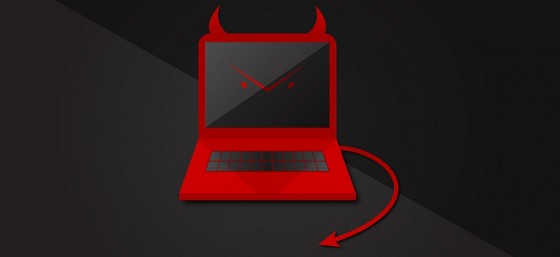When I was planning out my year, I learned that January is National Stalking Awareness month. This inspired me to look up the laws on cyberstalking and cyberharassment in Arizona.
When I think about stalking, I think about the guy who follows you from the shadows and hides in the bushes and watches you with binoculars. They always know where you are and show up wherever you go “by coincidence.” When we first started acknowledging stalking as a crime, the perpetrator had to be within physical proximity to you. In person stalking is still an issue and now we have to worry about cyberstalking too – people tracking you wherever you go via the internet and using your posts against you to know where you’re going and to harass you in person and online. Some of these perpetrators do things like attach a GPS to your car so they can track your movements. Creepy!
Stalking and harassment are different, but there’s often overlap between the two. I think when you’re being stalked, you’re also being harassed once you know you have a stalker but the reverse isn’t always true. You can be harassed without being stalked. These crimes are state law crimes, so the definitions may be different depending on where you live. I recommend you check your state’s laws to make sure that they’ve been updated to include cyberstalking and cyberharassment.
Here are the laws in Arizona:
- Cyberstalking: Intentionally or knowingly engaging in conduct that would cause a reasonable person to fear for their safety or their immediate family’s safety, including the fear of death. (Class 5 Felony); Penalty: 9 months in jail and up to a $150,000 fine
- Cyberharassment: Communicating with a person with the intent to harass them or with the knowledge that the person was being harassed. (Class 1 Misdemeanor); Penalty: Up to 6 months in jail and up to a $2,500 fine
There’s also a separate law for harassing someone via electronic communications. The definition and penalty is the same as cyberharassment except that it specifies that it applies to harassing, intimidating, terrifying, and/or threatening someone. It seems redundant.
And that’s just the criminal law side. If you cyberstalk or cyberharass someone, you may also be sued for damages in civil court.
On top of that, you may get in trouble with the company who provided you the means to stalk or harass the person. If you do it from your work computer, you might be fired. If you do it via your school’s network, you could be suspended or expelled. If you do it from one of your social media accounts, you can be kicked off the site.
So what are the take-home lessons?
- If you’re mad at someone or want to give them a hard time, think twice before you begin your course of action. It may not take much to cross the line into cyberharassment. The consequences might be way worse than you think.
- If you’re being cyberharassed or cyberstalked, report it – to law enforcement, to the site or company that’s facilitating it, and possibly call a lawyer. Cyberharassment sucks and you don’t have to put up with it.
You can connect with me via Twitter, Google+, Facebook, and LinkedIn, or you can email me.
Please visit my homepage for more information about Carter Law Firm.
